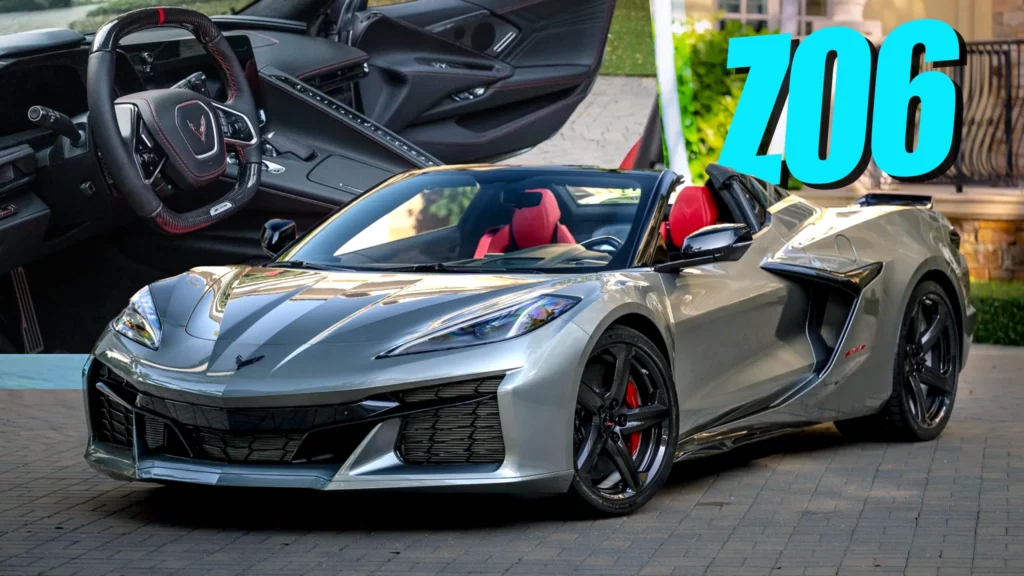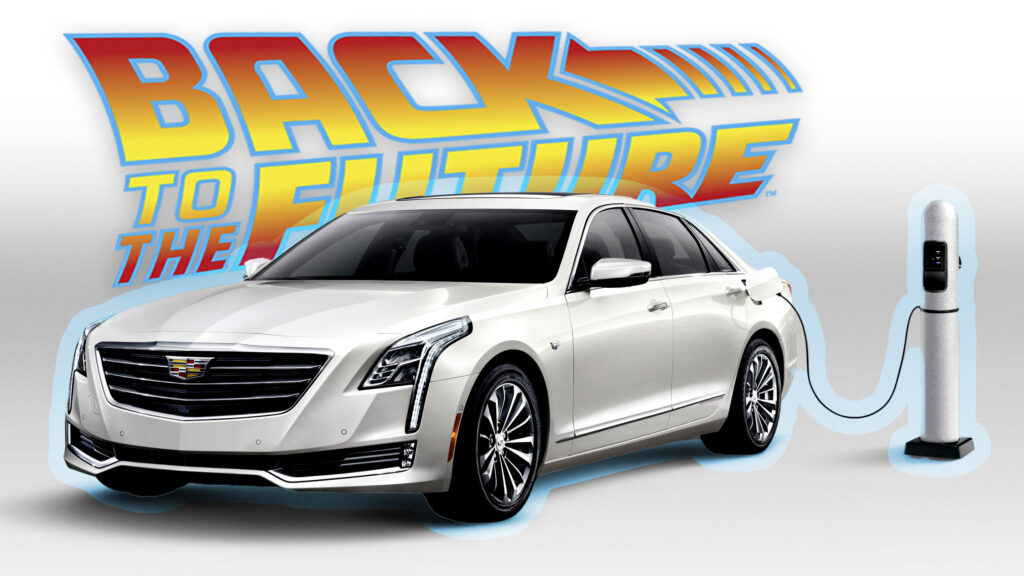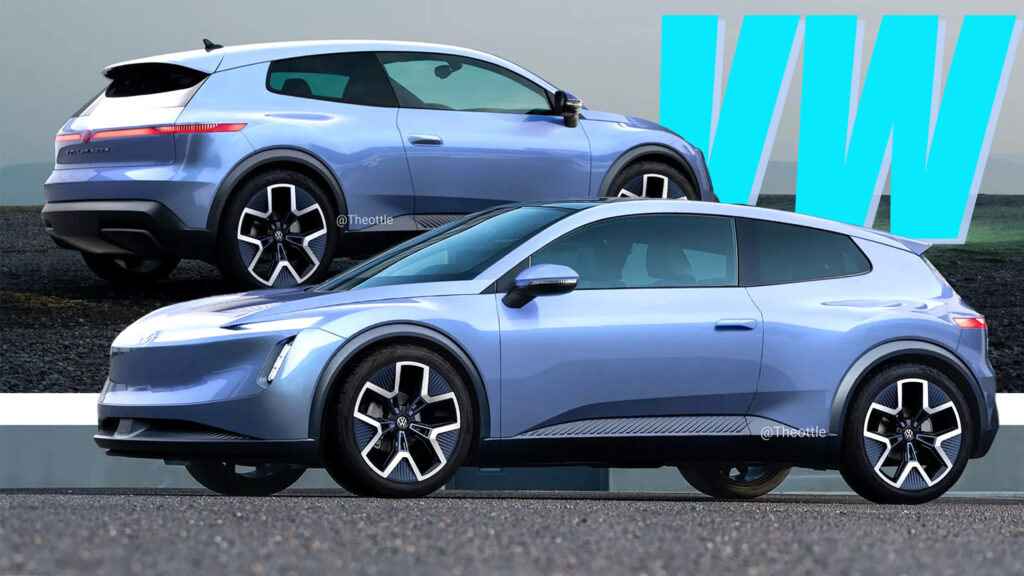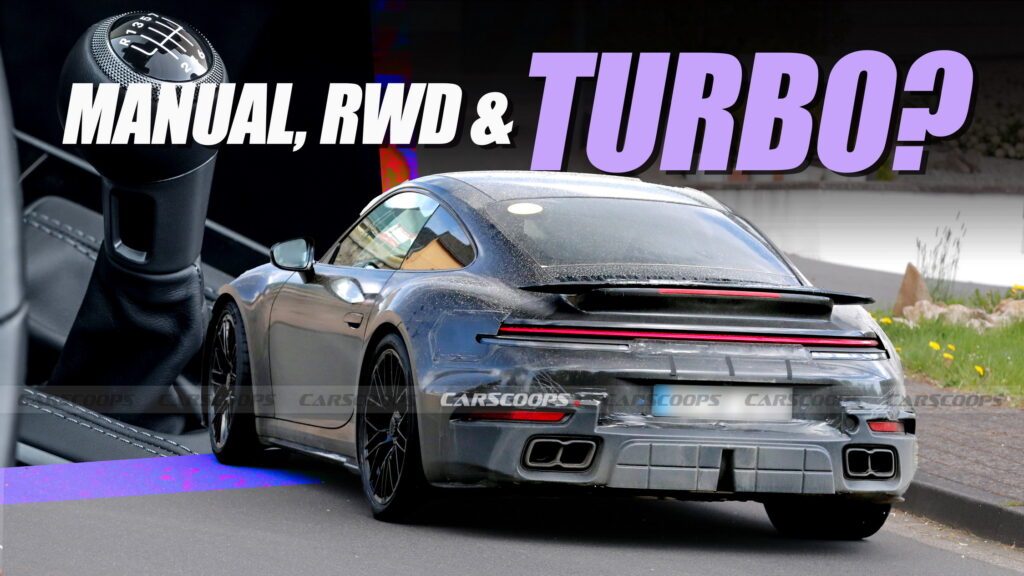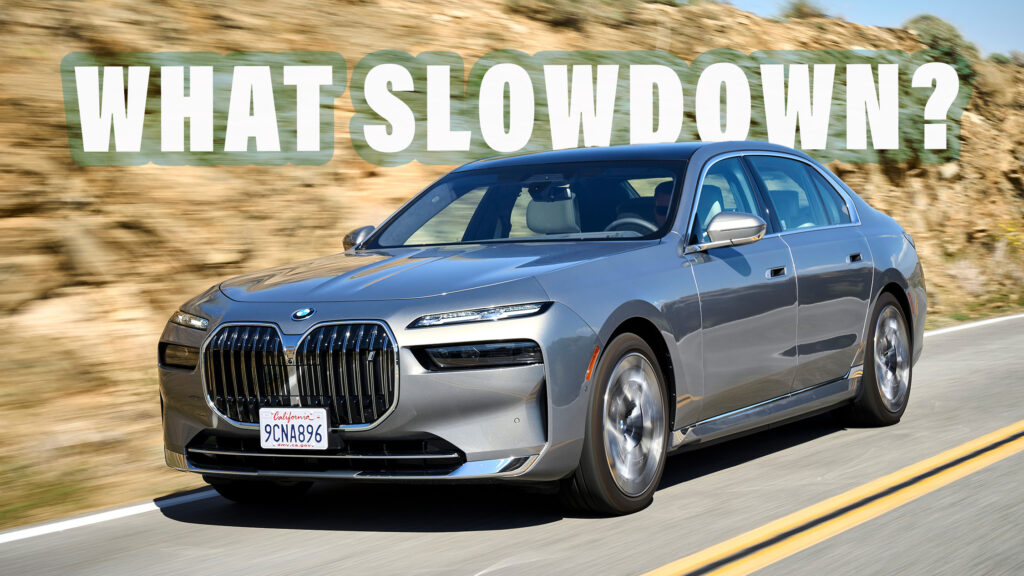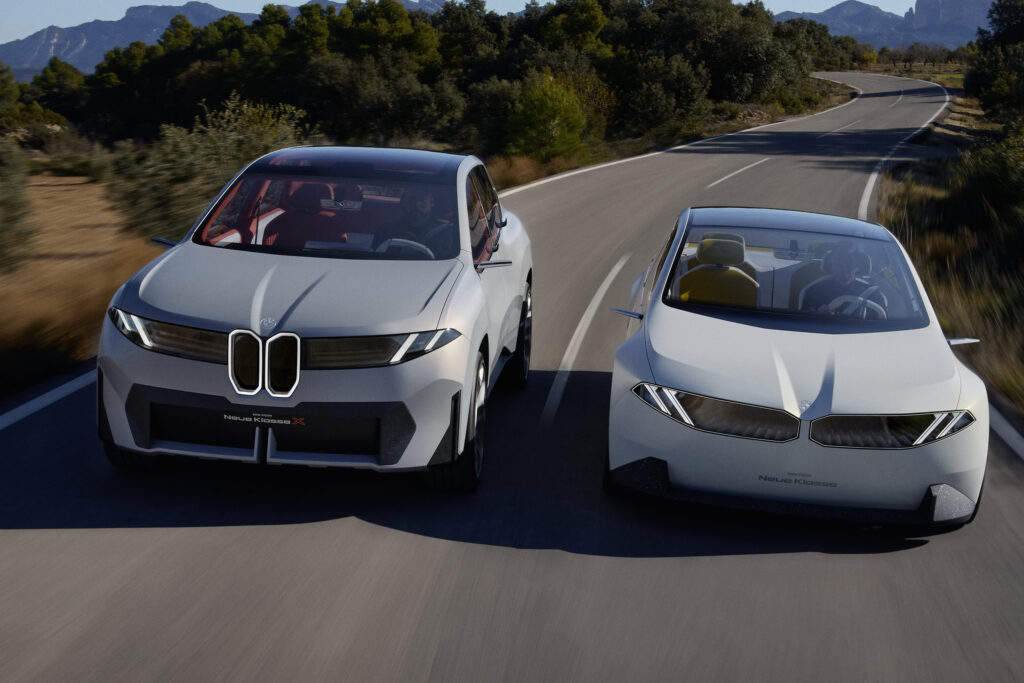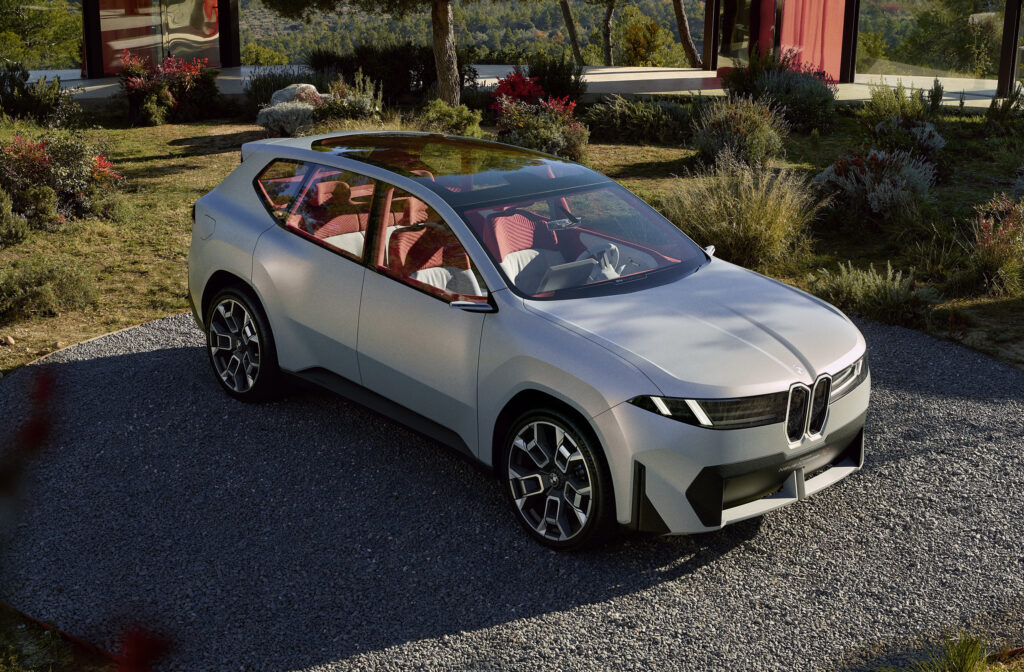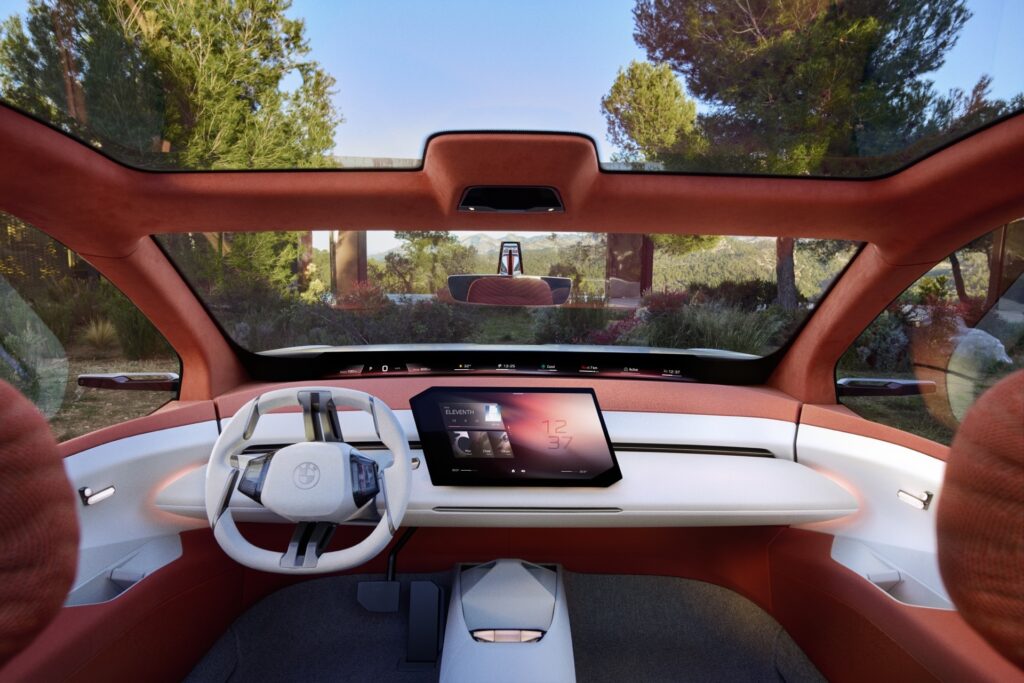Plenty of automakers are freaking out right now about the slowdown in EV sales, but BMW isn’t one of them. While some rivals are delaying the introduction of new electric models and revising sales estimates downwards for existing ones, BMW thinks its high-end EVs will play a major role in helping the group make bank during 2024.
BMW predicts that overall sales will climb slightly this year and expects its most expensive models, including its EVs, to do some of the heavy lifting. That contrasts with the view from BMW’s big rival, Mercedes, which says this year’s EV and PHEV sales are unlikely to change from 2023’s numbers.
“We see slight volume growth in the main regions North America, China and Europe this year,” CEO Oliver Zipse told Bloomberg Television. “We are quite optimistic, especially about fully electric vehicles in the upper premium segment.”
Despite Zipse’s bullish attitude, BMW’s boss knows the German brand has some strong competition, particularly in China. But he also knows he has a stack of cutting-edge new cars and technologies on the way that will help BMW build EV sales, which currently account for 15 percent of total output. BMW recently introduced electric versions of the 5-Series and 7-Series, badged i5 and i7, plus a new i2, and Rolls Royce’s Spectre EV has sold out for almost two years. But the really important weapon in the BMW Group’s arsenal is the Neue Klasse platform that hits the street in 2025 in a production version of the Vision Neue Klasse X SUV concept revealed this week.
Related: BMW Neue Klasse X Makes Grilles Great Again
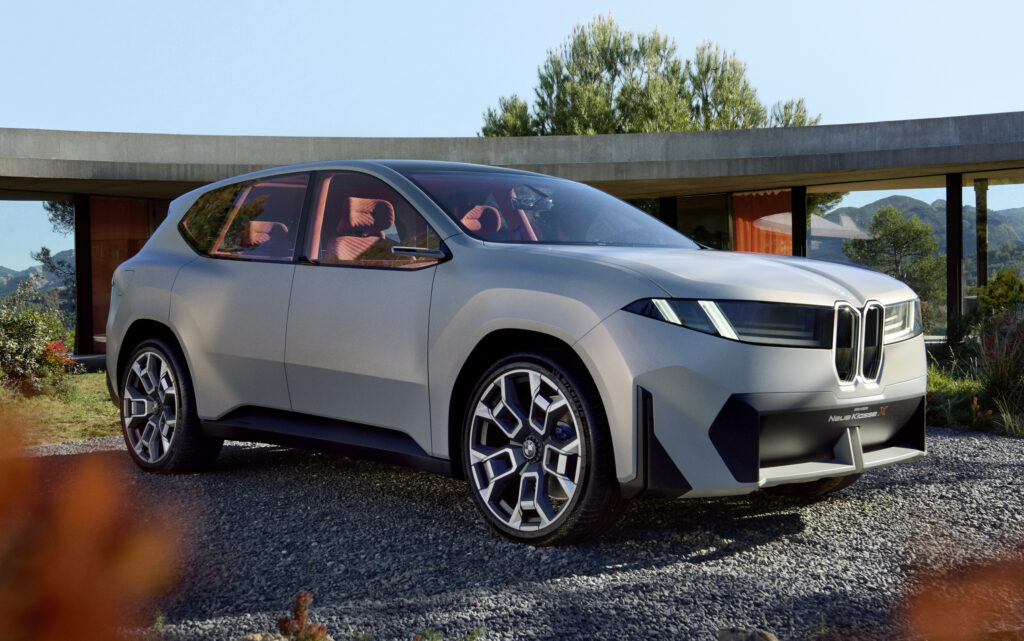
Named after the Neue Klasse range of sedans that saved BMW from oblivion in the 1960s, the new architecture can support both EV and hybrid powertrains and will also be used for the next 3-Series that is due in 2026 and was previewed by 2023’s Vision Neue Klasse sedan concept.
NK vehicles will get 800-volt charging tech for speedy top-ups and use round lithium-ion battery cells that are more energy-dense than conventional cells, allowing BMW to add electric driving range to its next-generation EVs without adding weight. The new cars also cost less to make, which is great for BMW’s bottom line, while looking futuristic and distinctive without necessarily resorting to controversial styling elements like oversized grilles to grab our attention.
BMW’s styling has been hit and miss over the last 25 years, but if the various Vision concept cars are any kind of guide, the next 25 years are shaping up to be a golden era for BMWs – even if we will lose the manual transmission along the way. No wonder Oliver Zipse is feeling confident.



